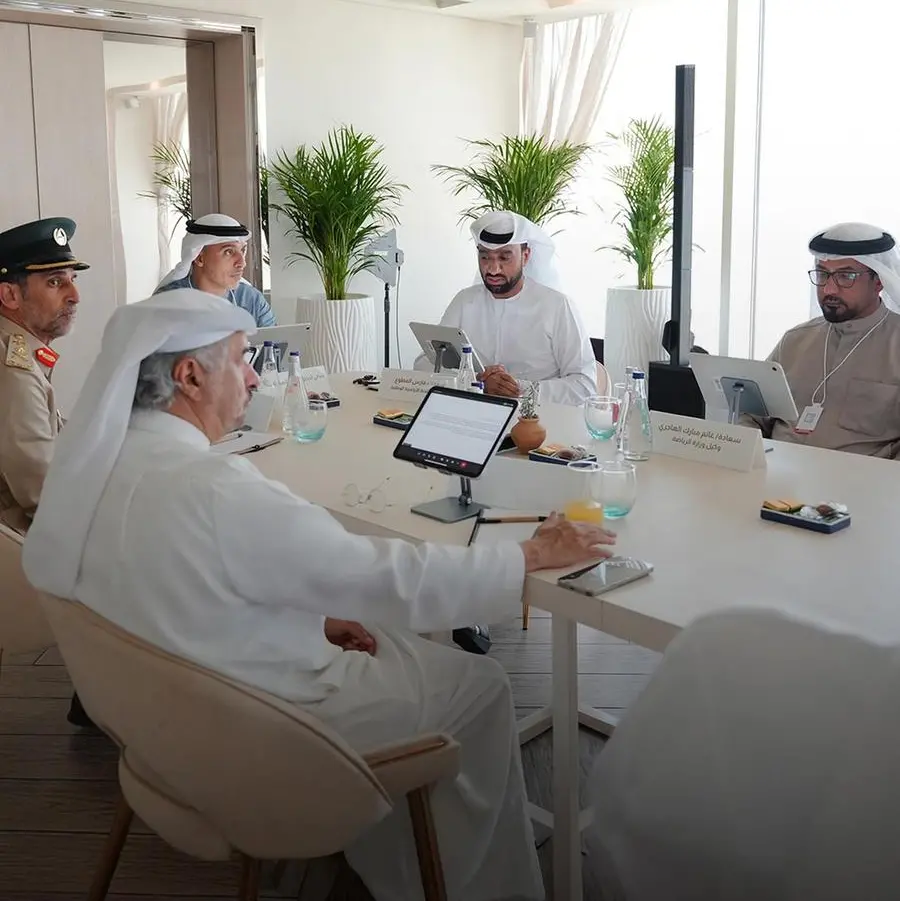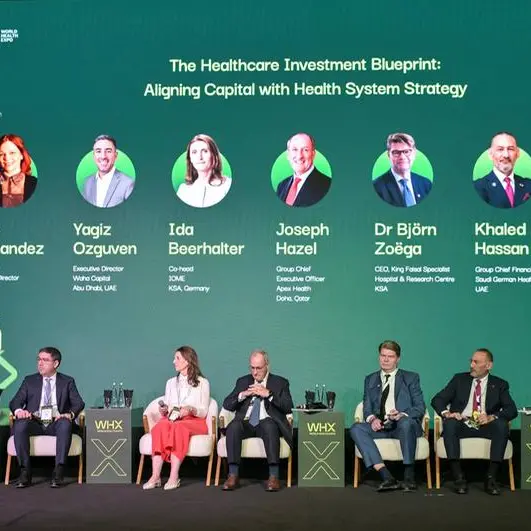Riyadh: According to a new book by three veteran Boston Consulting Group (BCG) senior partners, unprecedented instability and uncertainty are scrambling the traditional playbook that companies have used to compete and succeed in the past 50 years, and a wholesale reimagining is required for sustainable success. Based on firsthand research into more than 50 major global companies, the book, titled BEYOND GREAT: Nine Strategies for Thriving in an Era of Social Tension, Economic Nationalism, and Technological Revolution by Dr. Arindam Bhattacharya, Dr. Nikolaus Lang, and Jim Hemerling, publishes today.
BEYOND GREAT contends that “great is no longer good enough” and reveals foundational new rules for going beyond. It highlights the disruptive forces transforming the global economy: rising discontent with capitalism, increased strain on the natural ecosystem, heightened geopolitical conflict, and technological revolution happening at breakneck speed.
“The range of disruptive forces has been profoundly challenging for firms big and small more so with the onslaught of an enduring global pandemic,” said co-author Nikolaus Lang. “But these forces also create opportunities to build vital new forms of advantage.”
Backed by more than 100 interviews with senior business leaders and dozens of case studies, as well as extensive BCG quantitative data, BEYOND GREAT introduces nine core, highly resilient strategies for 21st century global enterprises that will yield sustained success—today and tomorrow. Collectively, they offer pragmatic, innovative approaches touching on every essential requirement of building a thriving organization in turbulent times.
“On top of the already rapid changes in recent years," said co-author Jim Hemerling, “the COVID-19 pandemic and resulting macroeconomic shock add another level of stress and challenge to navigating the years ahead.” Added co-author Arindam Bhattacharya: “These strategies are not optional ones to be deferred for when times get better. They are urgent priorities needed to thrive and accelerate today and into the future.”
The book divides these strategies into three primary areas. Growing beyond involves rethinking what growth looks like for example, by focusing on total societal impact over shareholder growth. Operating beyond means looking at operations through a new lens, including designing a more sustainable business strategy built on a finely tuned digital ecosystem. And organizing beyond requires leaders to keep reinventing the structure of the organization building agile teams, upskilling and reskilling those team members, while embracing constant change.
© Press Release 2020
Disclaimer: The contents of this press release was provided from an external third party provider. This website is not responsible for, and does not control, such external content. This content is provided on an “as is” and “as available” basis and has not been edited in any way. Neither this website nor our affiliates guarantee the accuracy of or endorse the views or opinions expressed in this press release.
The press release is provided for informational purposes only. The content does not provide tax, legal or investment advice or opinion regarding the suitability, value or profitability of any particular security, portfolio or investment strategy. Neither this website nor our affiliates shall be liable for any errors or inaccuracies in the content, or for any actions taken by you in reliance thereon. You expressly agree that your use of the information within this article is at your sole risk.
To the fullest extent permitted by applicable law, this website, its parent company, its subsidiaries, its affiliates and the respective shareholders, directors, officers, employees, agents, advertisers, content providers and licensors will not be liable (jointly or severally) to you for any direct, indirect, consequential, special, incidental, punitive or exemplary damages, including without limitation, lost profits, lost savings and lost revenues, whether in negligence, tort, contract or any other theory of liability, even if the parties have been advised of the possibility or could have foreseen any such damages.



















